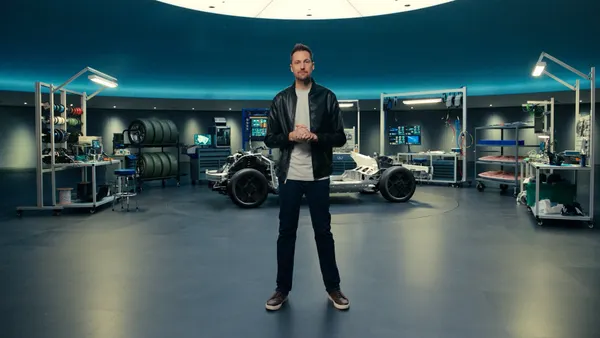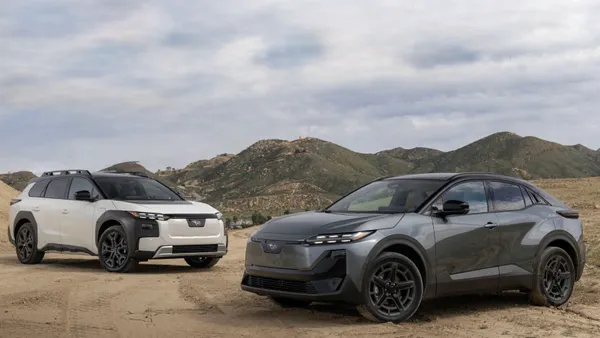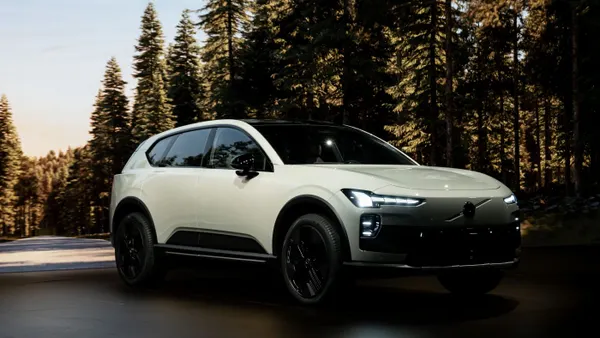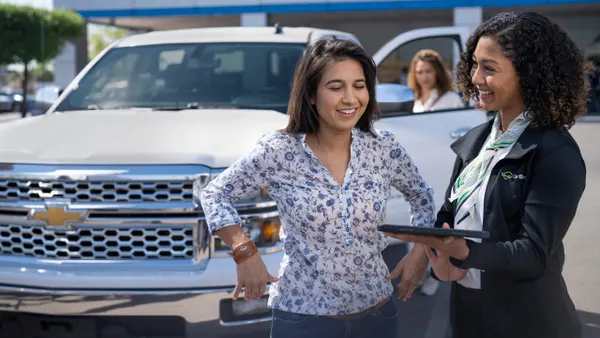Editor's note: This story is part of the WardsAuto digital archive, which may include content that was first published in print, or in different web layouts.
Australia’s first autonomous-vehicle demonstration trials begin in November.
The South Australian government initiative will see the vehicles tested on suburban roads in Adelaide, the state capital, at the same time it hosts an international conference to discuss driverless-vehicle technology and regulation.
The testing is being organized by ARRB Group, the country’s national independent road research agency.
Premier Jay Weatherill says Volvo is bringing the same vehicle from Sweden that is being used in a program that will put self-driving cars in the hands of customers there by 2017.
Volvo Car Australia is providing an all-new XC90 that will be specially programmed to allow its IntelliSafe Assist (including adaptive cruise control, pilot assist, lane-keeping aid, distance alert and speed-limiter functions) to be operated hands-free within a controlled environment.
Volvo’s Australian testing will be undertaken with Flinders University, Carnegie Mellon University, the Royal Automobile Association of South Australia and Cohda Wireless.
The trials will take place Nov. 7-8 on the Southern Expressway, with multiple vehicles conducting maneuvers such as overtaking, lane changing, emergency braking and using on- and off-ramps.
Weatherill says the technology promises to not only improve safety, reduce congestion and lower emissions, but also provide an opportunity for South Australia to become a key player in the emerging driverless-vehicle industry.
“This trial presents a fantastic opportunity for South Australia to take a lead nationally and internationally in the development of this new technology and open up new opportunities for our economy,” he says in a statement.
“It’s predicted that within just 15 years, the international driverless-car industry will be worth A$90 billion ($66.5 billion), so we want to encourage other global businesses to come to South Australia to develop and test their technologies.”
The international conference on driverless cars, meanwhile, will “provide an opportunity for experts from across Australia and the world to discuss new ideas and explore possibilities for partnerships and innovation,” Transport and Infrastructure Minister Stephen Mullighan says.
One of the keynote speakers confirmed for the Nov. 5-6 conference is Trent Victor, Volvo’s senior technical leader-crash avoidance, an internationally recognized safety expert who has worked in the field for more than 20 years.
SUBHEAD: International Research, Local Application
ARRB Group, the country’s national independent road research agency, says by applying international research to the local road environment, the trials will help show what is required to make driverless technology appropriate for Australian roads and safe for road users.
“The advent of driverless cars is an opportunity to foster technological innovation and revive Australia’s manufacturing industry – the South Australian government has been quick to recognize this,” ARRB Group Managing Director Gerard Waldron says in a statement.
He says ARRB Group’s national research initiative puts Australia on the map along with the U.K., the U.S. and Sweden as international leaders in automated-vehicle research.
Waldron says the South Australia trials will be the first of many trials nationally, with discussions under way in a number of jurisdictions. ARRB Group is calling for additional states, territories and partners to support the research initiative.
“Driverless cars have a range of benefits that could significantly improve road safety and the quality of life of everyday Australians, add to the nation’s economic competitiveness and help relieve rapidly growing congestion that is crippling our infrastructure and creating productivity deficits in our capital cities,” he says.
Federal Chamber of Automotive Industries CEO Tony Weber says driverless cars and connected vehicles have the potential to deliver significant benefits to Australia.
“FCAI members are currently introducing vehicles with advanced driver-assistance systems into Australia, as part of the progression to true driverless cars,” Weber says in in a statement.
“The car brands are investing significantly in these technology advances so that in the future cars will be safer and more environmentally friendly.”
The FCAI has begun talks with the Australian government to help identify and put in place the necessary federal legislation that will facilitate the introduction of driverless vehicles.









